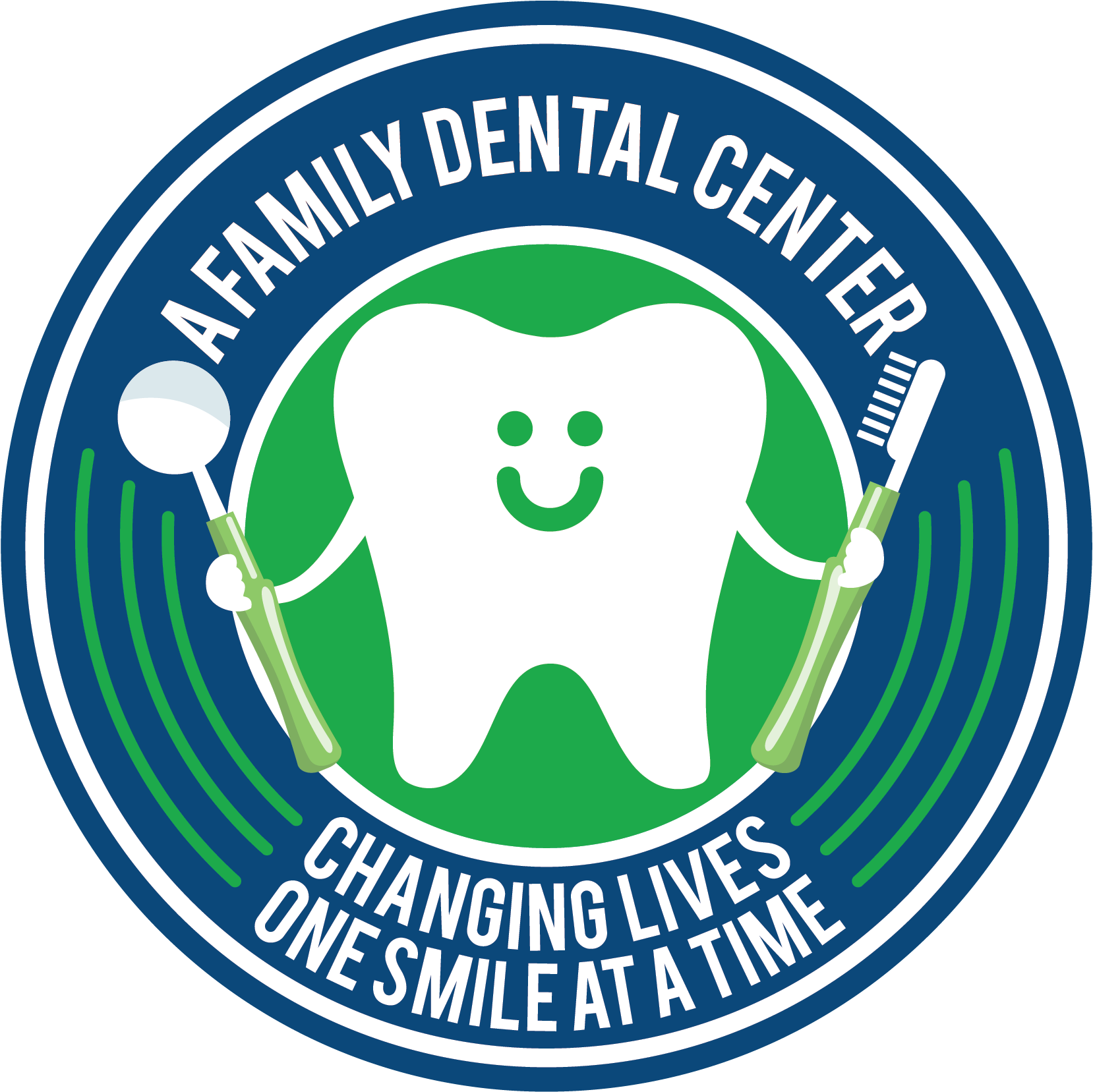
Signs You Need Emergency Dental Care
Dental problems can arise at any time. Sometimes you might get involved in an accident that affects your teeth. In such a case, you might experience excruciating pain and be at risk of developing other complications. Apart from a dental accident, you might have an infection on your teeth that increases the risk of further complications.
Therefore, if you have a dental problem that causes pain and risk of further complications, you can contact emergency dentistry near you. At the dental clinic or emergency room, you will receive treatments that reduce pain and reduce your risk of complications.
Types of Dental Emergencies
Since not all dental problems qualify for emergency care, most dentists provide urgent care for the following:
Broken or Knocked-Out Tooth
Impact during an accident can break or knock out your tooth. In such a scenario, you might experience excruciating pain, bleed and risk losing your tooth. Therefore, you need to respond fast to save your tooth and prevent the risk of infections.
You can begin by contacting your emergency dentist and schedule an appointment for urgent care. If your tooth is fallen out, collect and clean it. When cleaning the tooth, avoid touching the root nerves to prevent further damage. You can then proceed to store the tooth in milk or saliva. Alternatively, try placing the tooth in its socket.
For high chances of saving the tooth, get to the dental clinic in an hour.
Swelling and Toothache
Do you have persistent toothache and swelling? You might have a gum or root canal infection. Sometimes a swollen jaw might be a sign of oral cancer. Therefore, you should consider immediate response for diagnosis and treatment.
Toothache might affect your sleep and your daily activities. For pain relief and reduction of the risk of complications, you can contact your emergency dentist. To reduce swelling, you can apply a cold compress on the cheek over the affected area. However, avoid taking pain-relieving medications without consulting your dentist.
Dental Abscess
A tooth abscess can be very painful. Sometimes, you might experience difficulties breathing, swallowing, and sleeping. Therefore, you should consider visiting your dentist at an emergency dental clinic near you. Before treating your tooth abscess, your dentist might offer a sedation dentistry option for pain relief and relaxation.
When you have a tooth abscess, avoid poking it to prevent further complications. To relieve the soreness, you can swish clove oil in your mouth.
Impacted Wisdom Teeth
Your wisdom teeth are the last molars to erupt. Sometimes the molars might not break out of the gums. In such a case, you might feel uncomfortable when chewing and might be at risk of other complications. Therefore, you should seek urgent care to remove wisdom teeth near you. However, you should avoid removing them on your own.
Damaged Tooth Restoration
A damaged tooth restoration such as cracked or broken dental crowns can increase the risk of complications. Such dental problems increase the risk of complications such as root canals and gum injury. Therefore, if you have a taste of coins in your mouth, you should consider visiting an emergency dentist near you.
In such cases, gurgle warm saline water in your mouth to prevent the accumulation of bacteria in the fractures.
Bleeding
Bleeding gums might be a sign of gingivitis which requires an immediate response. Also, bleeding after tooth extraction should not be ignored. Therefore, you should consider contacting your emergency dentist for treatments.
In the meantime, you can bite down a gauze pad or a teabag.
Preventing Dental Emergencies
Just like other dental problems, you can prevent some dental emergencies. Therefore, you can consider the following:
- Good oral hygiene, which involves brushing and flossing your teeth regularly to prevent the accumulation of plaque and tartar
- Avoid biting or chewing on hard objects and ice to avoid damaging your tooth restorations
- Wear a protective mouthguard when playing contact sports to prevent dental injuries
- Visit your dentist regularly for check-ups and cleanings
- Follow the dentist’s recovery instructions after tooth extraction
By visiting your dentist regularly for check-ups, it is easy to identify potential risks and prevent dental emergencies. If you need a Kennewick dentist for urgent care, you can contact us at A Family Dental Center.
